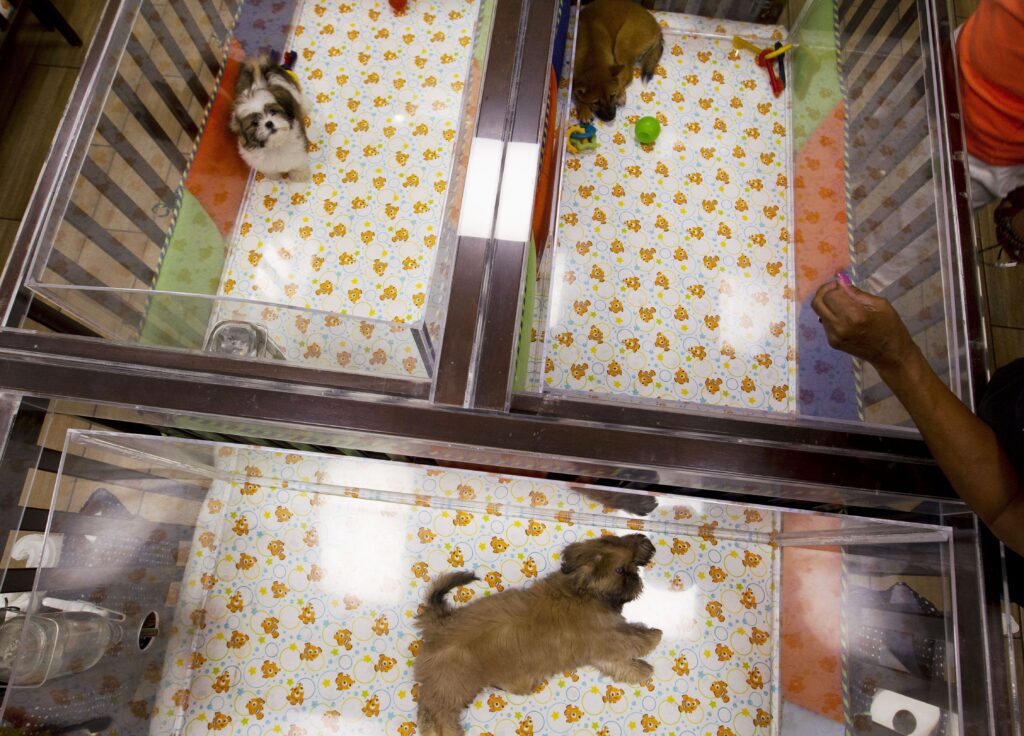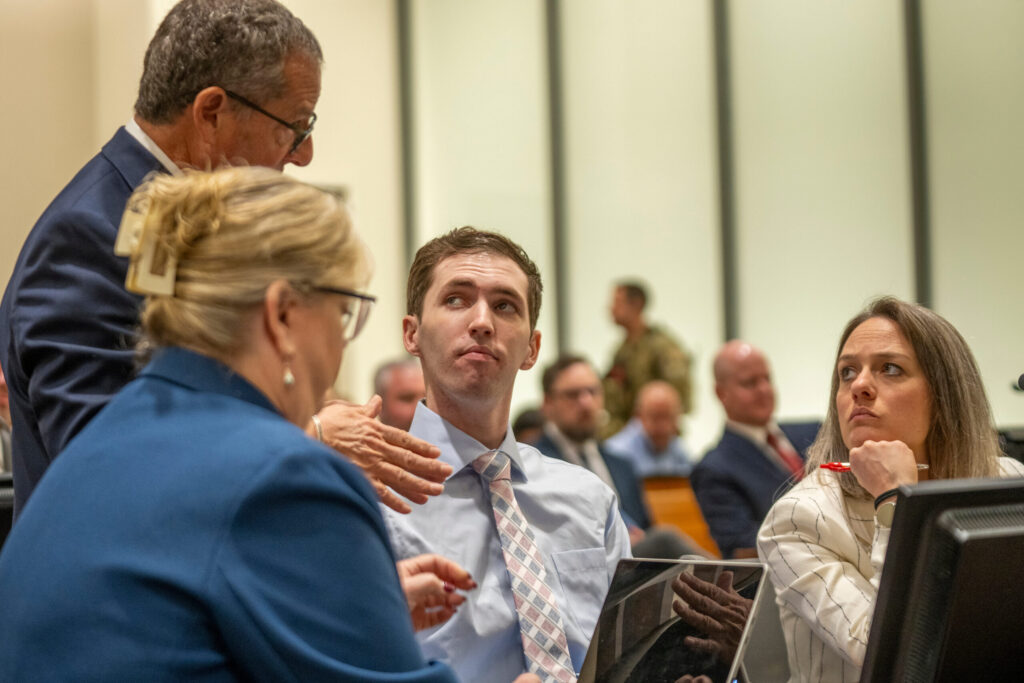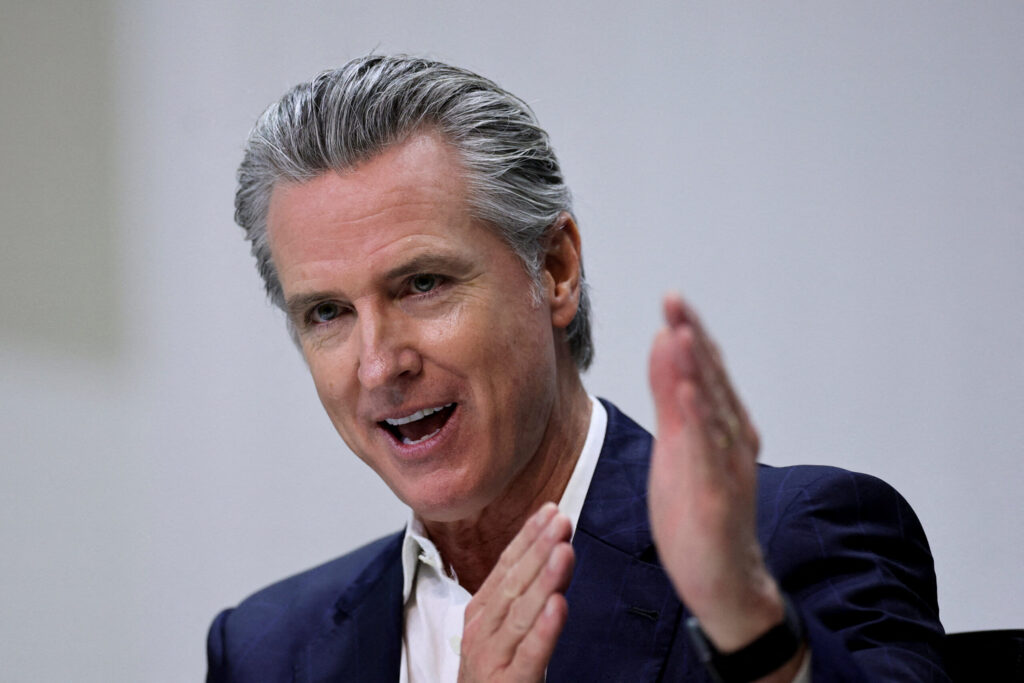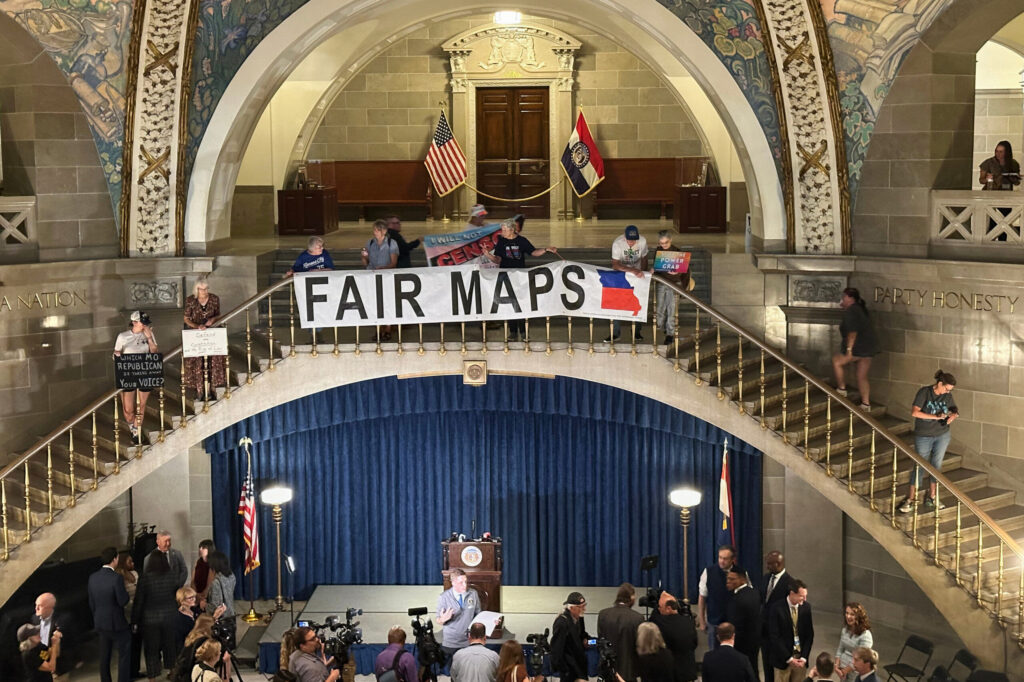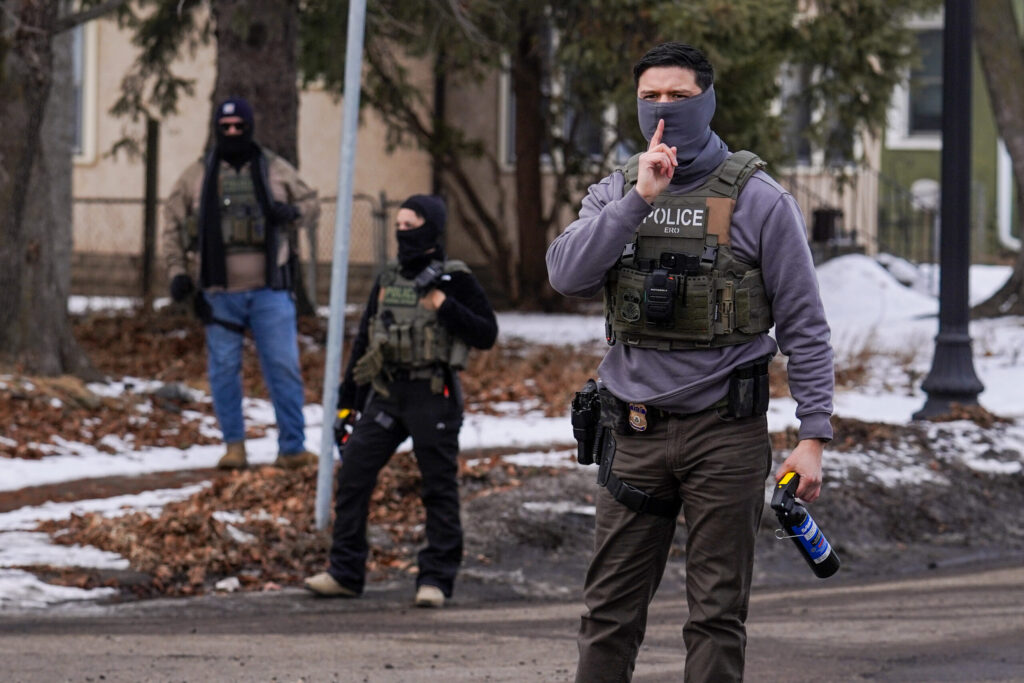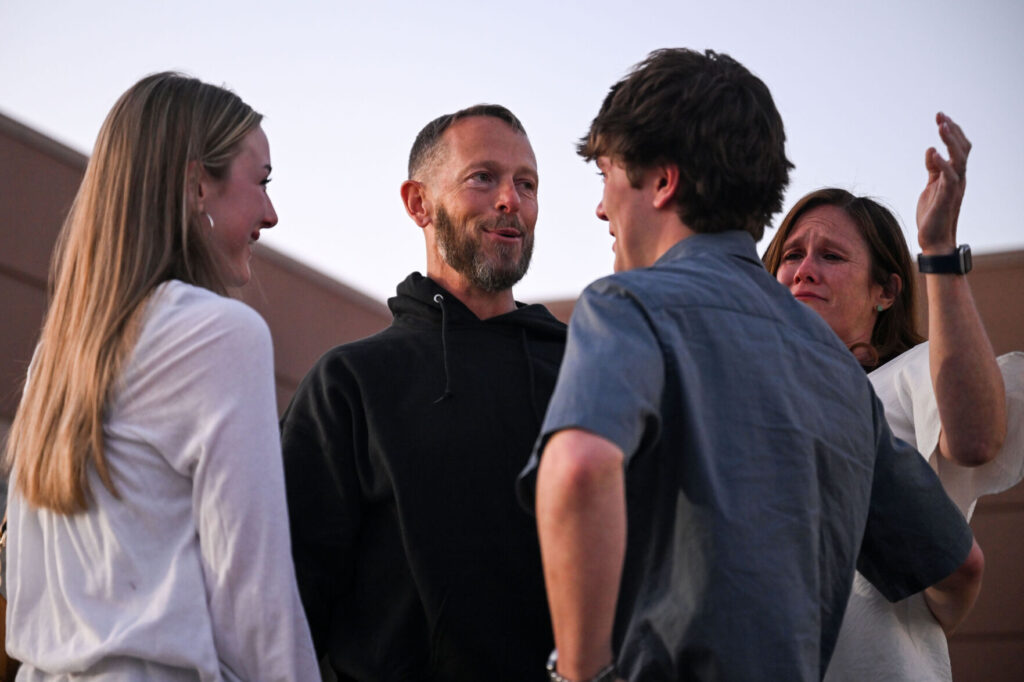Trump’s budget takes aim at grants funding safety net programs in Colorado Springs

The White House aims to eliminate grants that Colorado Springs uses to help residents who struggle with homelessness, disabilities, domestic violence and other woes.
Community Development Block Grants could be cut by 50 percent this year and eradicated in 2018, said Steve Posey, interim manager of the city’s Community Development Division, during a Tuesday presentation to the City Council and Mayor John Suthers.
President Trump released a federal budget last month that would drop the $3 billion CDBG program in the fiscal year beginning Oct. 1, 2018.
The city’s share of that money last year helped catalyze an expansion of the Springs Rescue Mission; improved community centers, playgrounds and neighborhood access to transit to meet the Americans with Disabilities Act; and helped elderly and disabled homeowners with home repairs, Posey said.
But this year, the city is warning the 11 nonprofits it chose for CDBG funds to not spend the money just yet. Uncertainty over the federal budget is preventing the city from awarding those contracts, Posey advised in the letter to nonprofits.
If the federal grants are slashed, the cuts will hit hard at the Marian House soup kitchen, Urban Peak program for homeless youths and Catholic Charities’ family day center, among others.
The CDBG money makes up 37 percent of the budget for the family day center and 100 percent of the food budget for Marian House, said Rochelle Schlortt, communications director for Catholic Charities.
If CDBG is eliminated, “The additional stresses and pressures on the community are going to be huge,” said Shawna Kemppainen, executive director of Colorado Springs Urban Peak and chairwoman of the Pikes Peak Continuum of Care coalition of nonprofits.
“Every federal dollar that comes into this community has to be locally matched,” Kemppainen said. “Those are an investment in programs that work efficiently and help bring in other philanthropic dollars too. Forty percent of our funding is from government sources.
“This (budget cut) would put the hammer down on a lot that we’ve been building in recent years.”
The threat looms 18 months from now, though, so the nonprofits are waiting to see whether that budget won’t change significantly when it goes to Congress.
This year, the city expects to receive $2.5 million in CDBG money, about 3 percent less than in 2016, Posey said.
And it anticipates getting $1 million from the federal HOME program, also down about 3 percent. That program provides debt financing to encourage developers to build affordable multifamily dwellings.
“At the moment, they’re talking about much, much bigger cuts at the federal level,” Posey said. “The worst I’ve heard is a complete cut of the CDBG and HOME program (in 2018). They could cut CDBG in 2017 by 50 percent.”
But, he added, the National Community Development Association advised last week that funding had passed the House and Senate and was headed toward an omnibus funding bill that would keep the 2017 budget intact.
“But 2018 could be a very different conversation,” he said.
His warnings echoed those made by Aimee Cox before she left her city post running community development earlier this month. “I am not here to tell you the sky is falling. I would just ask you to pay attention,” Cox said at the time.
Wednesday, she said the city’s CDBG money was spent largely on infrastructure in low-income neighborhoods but also was “really the only source of funds the city has deployed for homeless services and solutions.”
The $2.5 million in CDBG funds funneled by the city to the Springs Rescue Mission’s expansion “certainly sent the message that it was important to Colorado Springs and showed political will,” Cox said. “The city leadership needs to step up and say this is still important in our community … That message still needs to be spoken very clearly.”
Mick Mulvaney, White House budget director, slammed the CDBG program last month as “just not showing any results.”
But the 42-year-old HUD program has helped tens of thousands of Americans find jobs, rehabilitated more than 1 million homes and financed projects such as the Colorado Center for the Blind, The New York Times reported March 17, quoting William Rohe, a city and regional planning professor at the University of North Carolina at Chapel Hill.
Rohe said the programs have improved neighborhoods significantly, spurring increased real estate values.
In southeast Colorado Springs, home to many low-income neighborhoods, CDBG money allowed the Deerfield Hills Community Center to expand its child-care center, improved lighting and walkways at Chelton Road and East Fountain Boulevard, and paid for two playgrounds, among other improvements.


